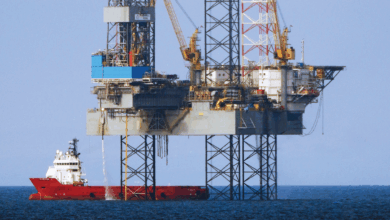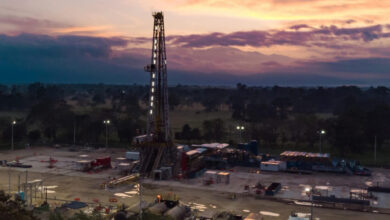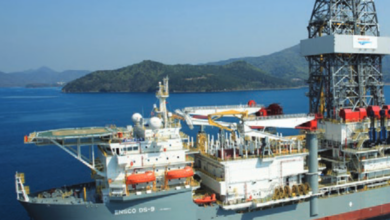Ralls: Industry safety culture is not complacent

Although the explosive loss of the Macondo well could have been prevented, the event does not point to such systematic failures in risk management that they place in doubt the safety culture of our industry, IADC 2011 chairman Matt Ralls said at the association’s Health, Safety, Environment and Training Conference in Houston last week. Contrary to conclusions reached in the report of the National Commission on the BP Deepwater Horizon Oil Spill, Mr Ralls noted that he believes “we have a strong safety culture in this industry.”
Compared with the early ’70s, when the industry had a lost-time incident (LTI) rate of 12 to 14, we now have a .04 LTI rate, a reduction of more than 95%. “It is important to notice that this improvement has come at a time when we’ve added a tremendous number of new people to our industry,” said Mr Ralls, CEO of Rowan Companies. Over the last decade, the land recordable incidence rate has dropped from over 5 to under 2. On the offshore side, the recordables rate has dropped from more than 2 to below 1 over that same period of time.
“This is a very safe industry. When you look at OSHA statistics, we are significantly safer than other industries that involve heavy equipment and safer even than industries that you might not expect, such as healthcare, retail and education,” Mr Ralls said.
On the environment side, there have been 42,000 wells drilled in the Gulf of Mexico in 2,000 ft or more of water. Before Macondo, only 7% of all spills came from offshore exploration and production. “We can be very proud of both our safety and environmental record up until Macondo,” Mr Ralls said.
“Clearly, with Macondo, we need to get better,” he continued. The National Commission has proposed that a national safety institute be formed. Other proposals include looking at the nuclear industry to establish safety regimes and modeling programs after the rigorous North Sea safety programs. Also, an offshore energy safety advisory committee has been proposed.
“There are some good ideas out there, and some are more workable than others,” Mr Ralls said. “In my view, I think that safe well construction operations start with people in this room. We must create the right values and attitudes. Our customers are demanding it. It is up to the managers to set the priorities and prove that those priorities are what we really live by. This is a can-do industry. If we prove we mean it, employees can implement it. We need to be careful about what ‘it’ is.… I believe that if we get crew members on every rig working to the point that they feel personal responsibility for the safety of everyone around them, then we’ll have the kind of culture that we need to achieve.”
Regarding the National Commission’s characterization of the energy industry, Mr Ralls said, “This industry does not have a culture of complacency. I am absolutely convinced that workers in our industry are concerned for their own safety as well as for the safety of those around them. I think that insinuations that this is not the case are inaccurate, unfounded and frankly offensive.”
“We’re also not underregulated,” he said. “By one count there are 27 statutes and 24 significant approvals and permits required for us to operate offshore.… Macondo is not a safety culture issue, but it does raise the important questions about our consistency in applying best practices (particularly at critical stages of well construction), about the integration of and interfaces between operators’ and contractors’ safety systems and about management of change and communication of that management of change.”




